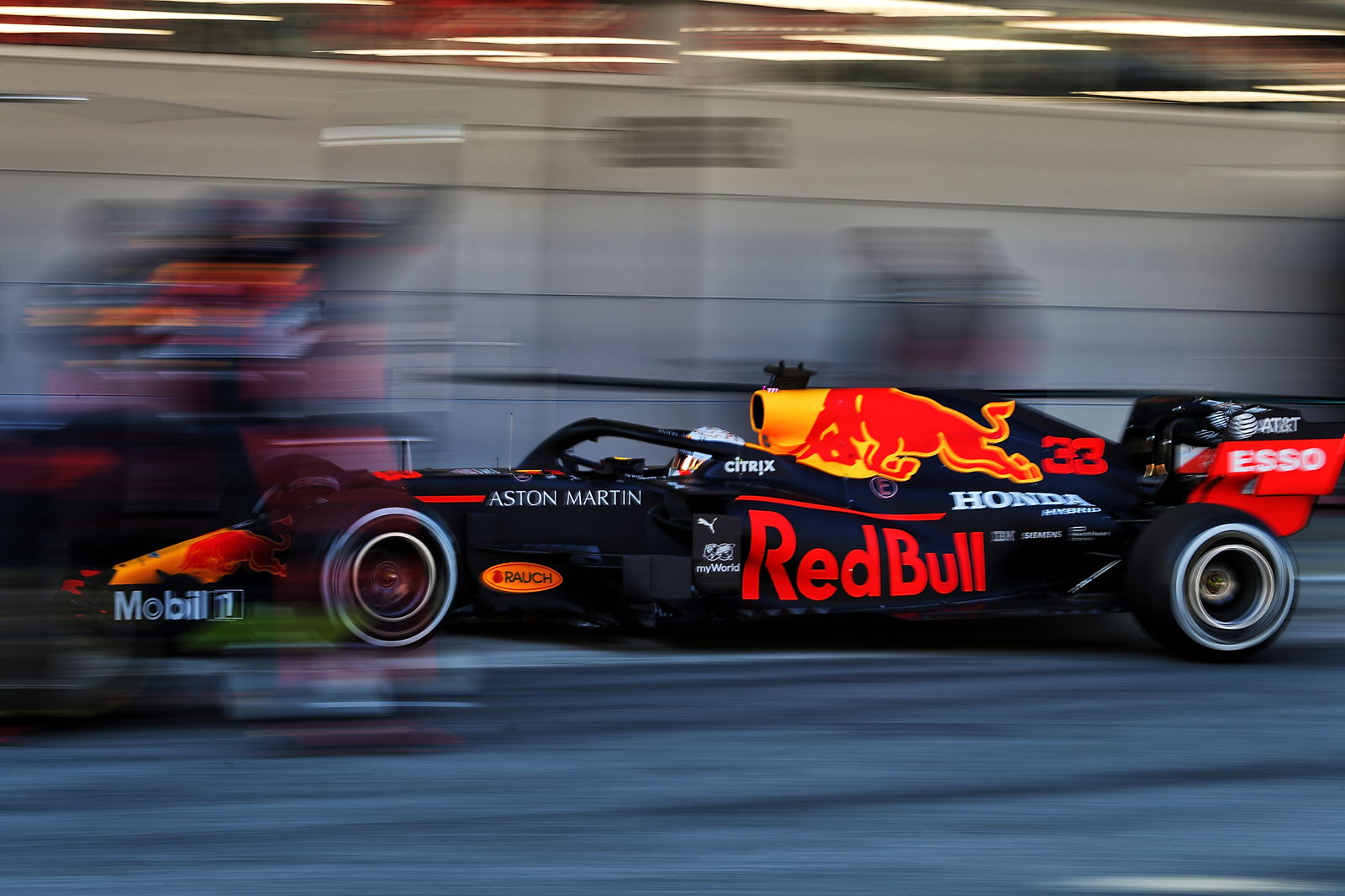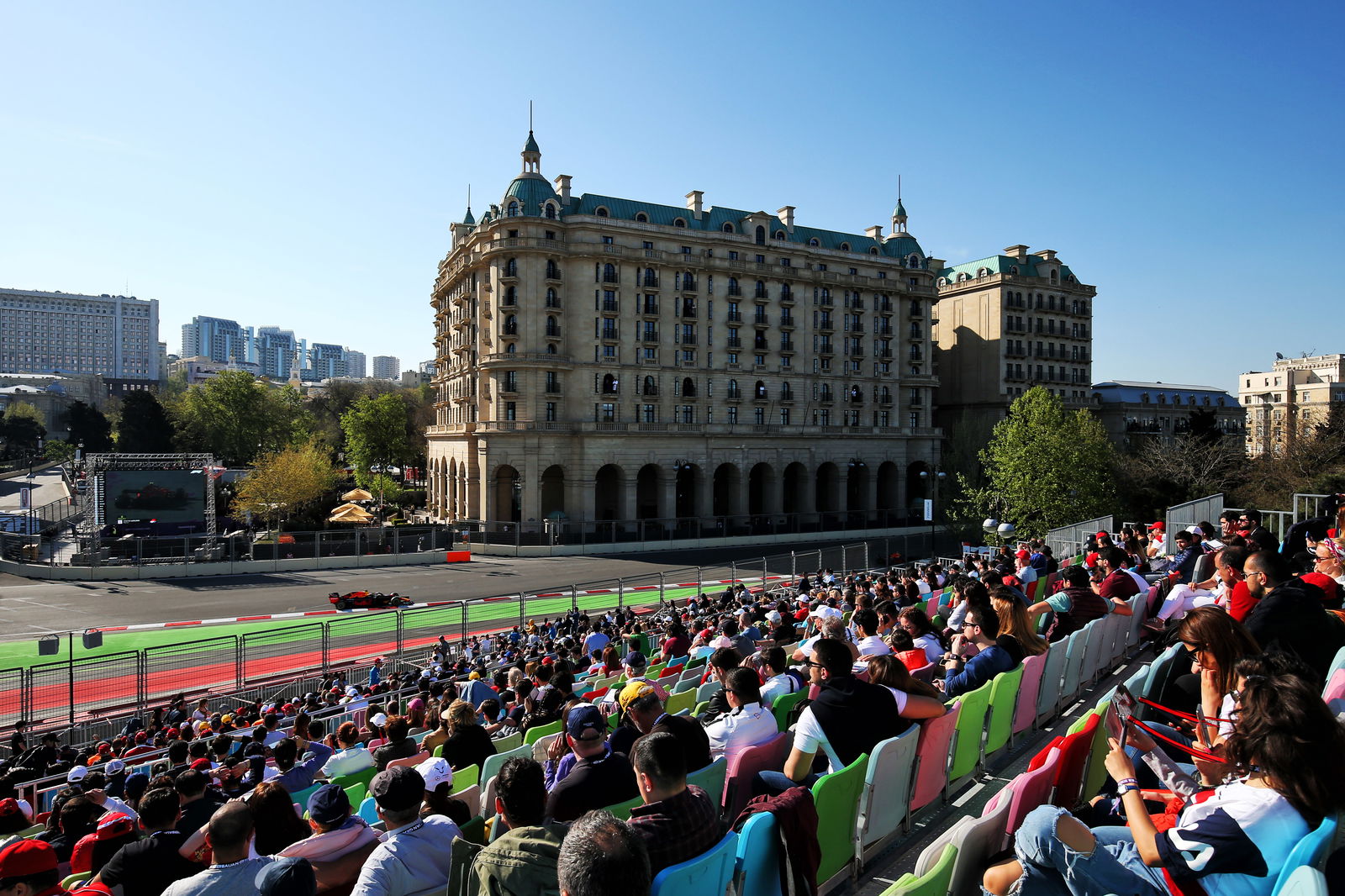Reversed-grid races could be forced through for 2021 F1 season

F1 is still considering introducing reversed-grid qualifying races next season, according to Ross Brawn, because it wouldn’t need the unanimous agreement from teams for the new regulation to be forced through.
Proposals to introduce a reversed-grid sprint race at the second of the planned double-headers at the Red Bull Ring and Silverstone were scrapped because it didn’t get the backing from all ten teams, though title-winners Mercedes were the only outfit not in favour.
However, with next year’s rules changing to allow F1 to push through proposals without needing to get an agreement from each team, the otherwise positive support for the format could see it deferred to a 2021 introduction instead.
Speaking to the F1.com website, Ross Brawn reveals it could yet launch what would be one of the most significant changes to the series’ race format in its long history, saying: "Reverse grid races are still on the table for next year."
With Mercedes justifying its opposition by calling it a ‘gimmick’ that would unfairly penalise top teams, it added the fastest cars won’t therefore win on the day and create a higher risk for a DNF at a time when parts supplies are relatively low.
Indeed, while teams are in favour of switching up the format due to the unusual nature of this year’s condensed championship, it’s unclear whether the current largely universal support for the format would remain among the likes of Red Bull and Ferrari when F1 returns to a more conventional full-length season.
‘Dropped points’ plan was scrapped
Brawn also revealed an idea to allow teams to drop one or two scores as a result of this year’s unusual circumstances was scrapped over fears it would ‘game it’ by retiring early from races where points weren’t on the cards.
“We did talk at one stage of feasibility of perhaps dropping one or two results in the current circumstances,” Brawn continues. “The problem with that is the teams could ‘game it’. They could work out how they could take advantage of an opportunity and you might find they get to a race where they aren’t likely to score point because they are having problems, so they decide not to finish.
“That would look bad for Formula 1. There’s all sorts of gamesmanship that would go on if there was an opportunity to drop a couple of results, so we concluded, particularly as it will be a shortened calendar, it was better to leave all results in place.”
The 2020 F1 World Championship season will get underway on June 5th at the Red Bull Ring, the first of two races at the Austrian circuit on back-to-back weekends. So far only eight events have been confirmed that takes the series into September, with more European-based and overseas races being considered before the season concludes in the Middle East.







